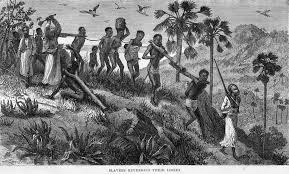 African slaves - en,wikipedia
African slaves - en,wikipedia Official files on slavery have revealed the names of thousands of modern-day Brits who are related to owners who received compensation when the evil trade was abolished. The Slave Compensation Commission paid out £20 million in rectification to the UK's 46,000 owners.
Over 800,000 Africans were freed after being kept as legal property of British slave owners with many working on sugar plantations in the Caribbean.
It is estimated that 10% of Britons who died in the 18th century had benefited from slavery. Up to 15% of the British elite were involved as well as clergymen, shopkeepers and ordinary members of the middle classes. Now a new BBC documentary, entitled, Britain's Forgotten Slave Owners is set to examine the sheer scale of the slavery business. It will be broadcast on BBC2 on Wednesday.
The history of British slave trade. Source: The Abolition Project.
For well over 300 years, European countries forced Africans onto slave ships and transported them across the Atlantic Ocean.
The first European nation to engage in the Transatlantic Slave Trade was Portugal in the mid to late 1400's. Captain John Hawkins made the first known English slaving voyage to Africa, in 1562, in the reign of Elizabeth 1. Hawkins made three such journeys over a period of six years. He captured over 1200 Africans and sold them as goods in the Spanish colonies in the Americas.
To start with, British traders supplied slaves for the Spanish and Portuguese colonists in America. However, as British settlements in the Caribbean and North America grew, often through wars with European countries such as Holland, Spain and France, British slave traders increasingly supplied British colonies..
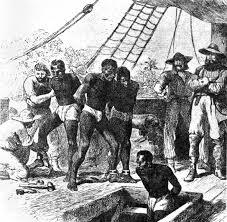 Slaves on a ship - www,flickr.com
Slaves on a ship - www,flickr.com Slavery had been illegal in Britain since 1102, but owners could use slaves elsewhere to toil in the fields and plantations of the growing empire.
Soon after the discovery of North America and the setting up of British colonies in the Caribbean, the native population was decimated by disease. The Crown began the wholesale transportation of African slaves to work on sugar plantations in the colonies.
In the 18th century, the British perfected the Atlantic slave system. Roughly between the years 1700 and 1810, British merchants transported almost three million Africans across the Atlantic.
In the 30,000 slave voyages that took place, the slaves included not only Africans, but men arrested after a Royalist uprising in the West Country in 1655, and Irish Catholics captured by Oliver Cromwell.
Slaves were transported in miserable conditions, crowded into cargo holds and with little access to fresh air, clean water or proper food. Many died on the way.
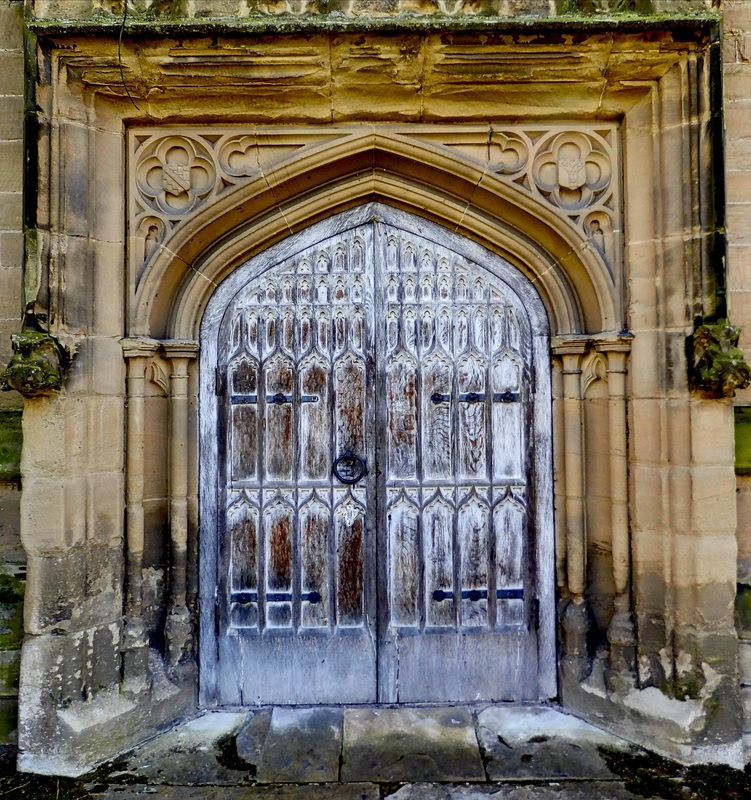 Old church door. MorgueFile - quicksandala
Old church door. MorgueFile - quicksandala Though Britain abolished slavery in 1807, it did not emancipate slaves in its overseas territories until 1834.
From the abolition of slavery until the early years of the 20th Century, the Royal Navy's West Africa Squadron sailed up and down the African coast, intercepting foreign ships carrying slaves.
As I'm originally Australian, I'll mention what happened there. While Australia was being colonized, English convicts were actually slaves. As well, in the 1850s, Chinese working for overlords landed in Robe, South Australia, where I used to live, before walking across the border to the goldfields in Victoria to escape taxes. Their families were often held as hostage to ensure the proper weight in gold was sent back.
But, slavery still exists today in many forms. Women, children, and men are forced to do their owner's bidding without pay and often hidden from view close to where we live. It's a shocking state of affairs that someone could OWN another person.
We have no control over what happened in the past, even if we're descendents of a slave-owner. What we MUST do is ensure everyone around us has the freedom to choose their own path in life.
What happened in your own country's past?
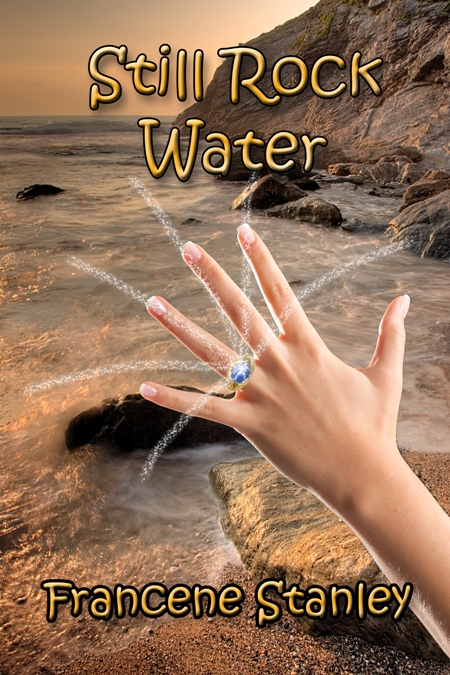
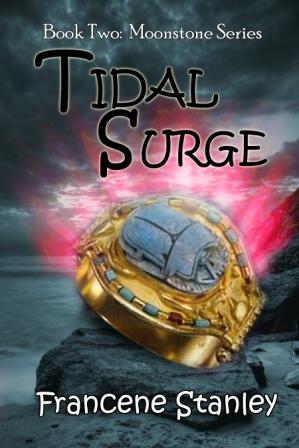
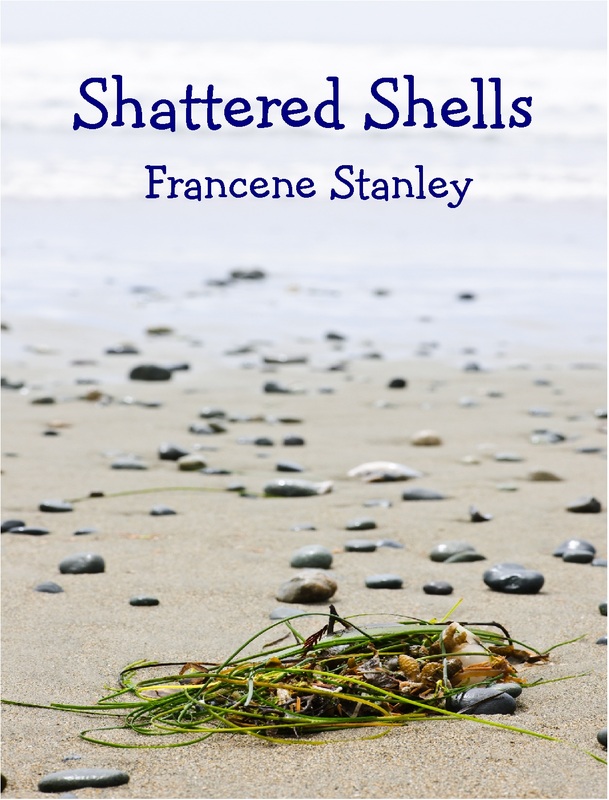
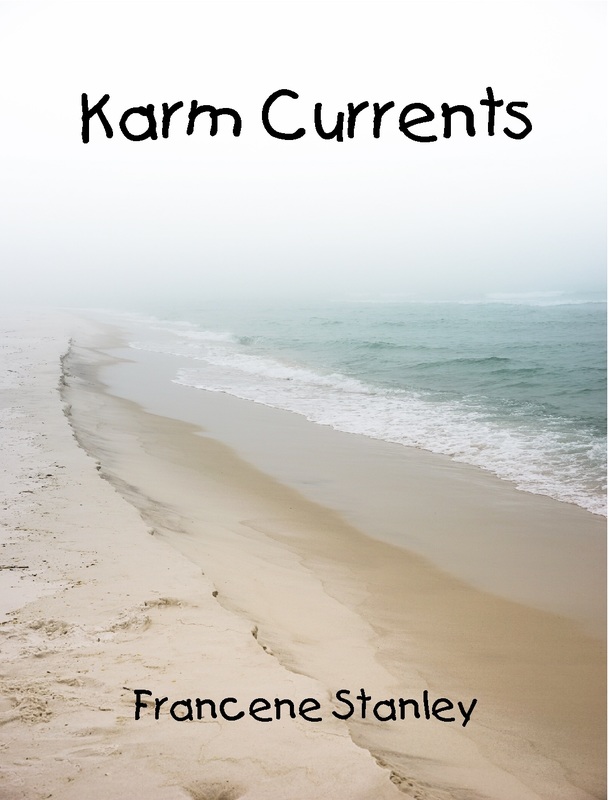
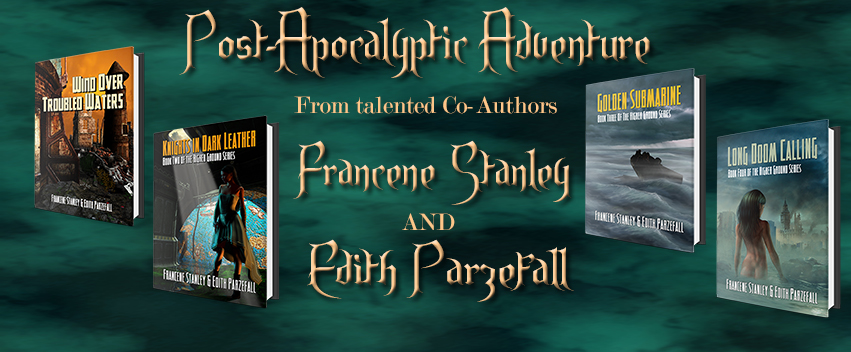
 RSS Feed
RSS Feed
